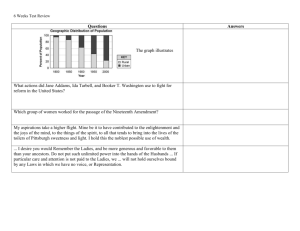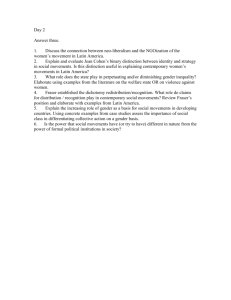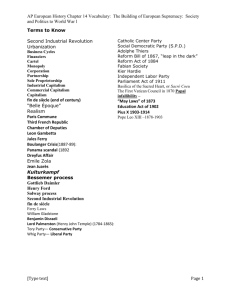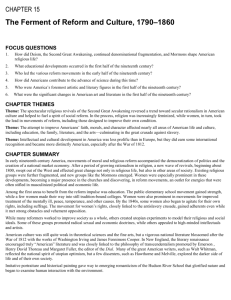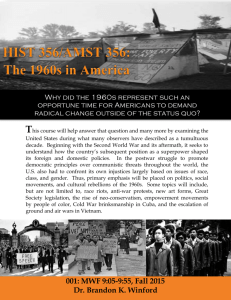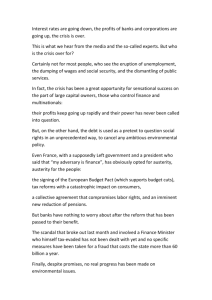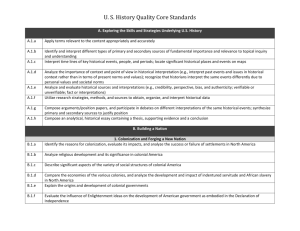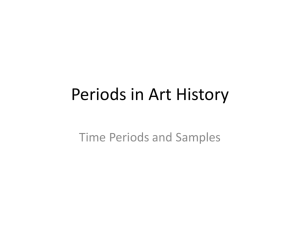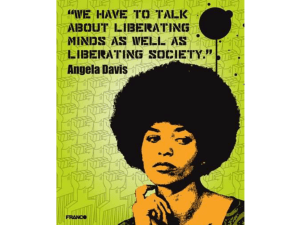“Nature and nature`s laws lay hid in night
advertisement
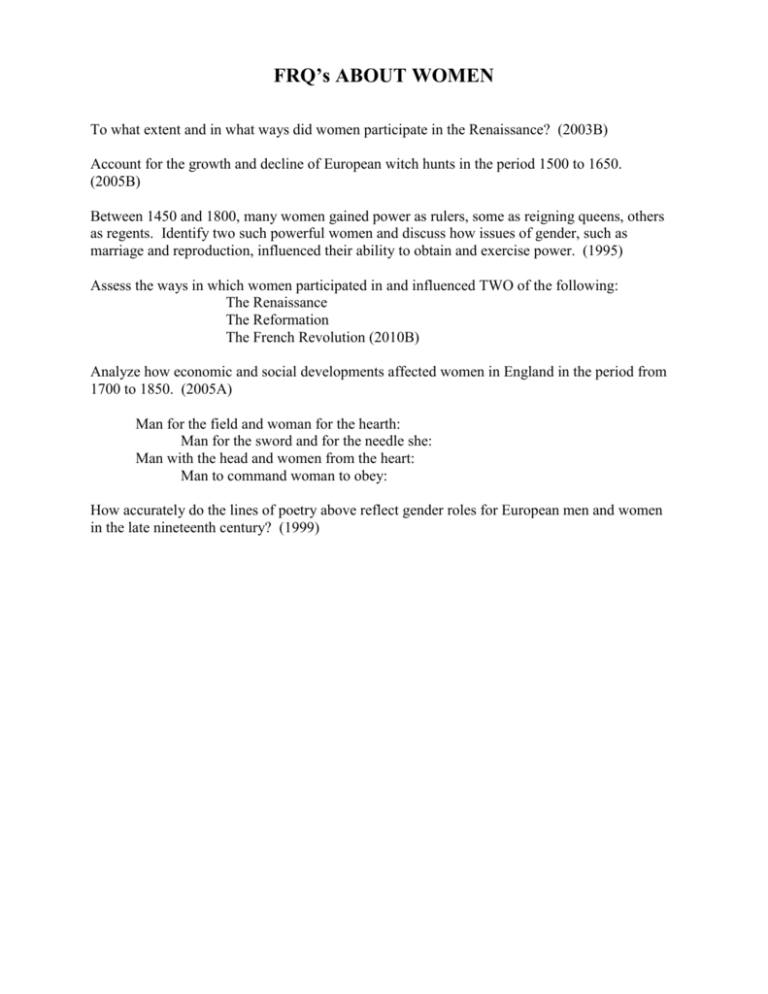
FRQ’s ABOUT WOMEN To what extent and in what ways did women participate in the Renaissance? (2003B) Account for the growth and decline of European witch hunts in the period 1500 to 1650. (2005B) Between 1450 and 1800, many women gained power as rulers, some as reigning queens, others as regents. Identify two such powerful women and discuss how issues of gender, such as marriage and reproduction, influenced their ability to obtain and exercise power. (1995) Assess the ways in which women participated in and influenced TWO of the following: The Renaissance The Reformation The French Revolution (2010B) Analyze how economic and social developments affected women in England in the period from 1700 to 1850. (2005A) Man for the field and woman for the hearth: Man for the sword and for the needle she: Man with the head and women from the heart: Man to command woman to obey: How accurately do the lines of poetry above reflect gender roles for European men and women in the late nineteenth century? (1999) Contrast how a Marxist and a Social Darwinist would account for the differences in the conditions of these two mid-nineteenth century families. (1999) Compare and contrast the roles of British working women in the preindustrial economy (before 1750) with their roles in the era 1850 to 1920. (1998) Discuss the effects of the industrial economy on Western European peasant women and working class women from 1830 to 1914. (1993) European women’s lives changed in the course of the nineteenth century politically, economically and socially. Identify and explain the reasons for those changes. (2008A) Analyze the ways in which TWO of the following groups challenged British liberalism between 1880 to 1914. Feminists Irish nationalists Socialists (2008B) European women’s lives changed in the course of the nineteenth century politically, economically, and socially. Identify and explain the reasons for those changes. (2008A) Describe and analyze the ways in which Marxism, Freudianism and the women’s movement challenged traditional European beliefs before the First World War. (1991) Analyze the participation of European women in the economy and politics from 1914 to 1939. Use examples from at least TWO countries. (2004B) Analyze the impact of the rise of militarism and the Second World War on the lives of European women. In your answer consider the period 1930 to 1950. (2007A) Compare and contrast the women’s suffrage movements of the late nineteenth and early twentieth centuries with the European feminist movements of the 1960s and 1970s. (1996) Analyze the ways in which technology was an issue in European social activism between 1945 and 1970. Be sure to include three of the following: environmentalism, peace movements, student protests, women’s movements, workers’ movements. (1990)


